Speakers
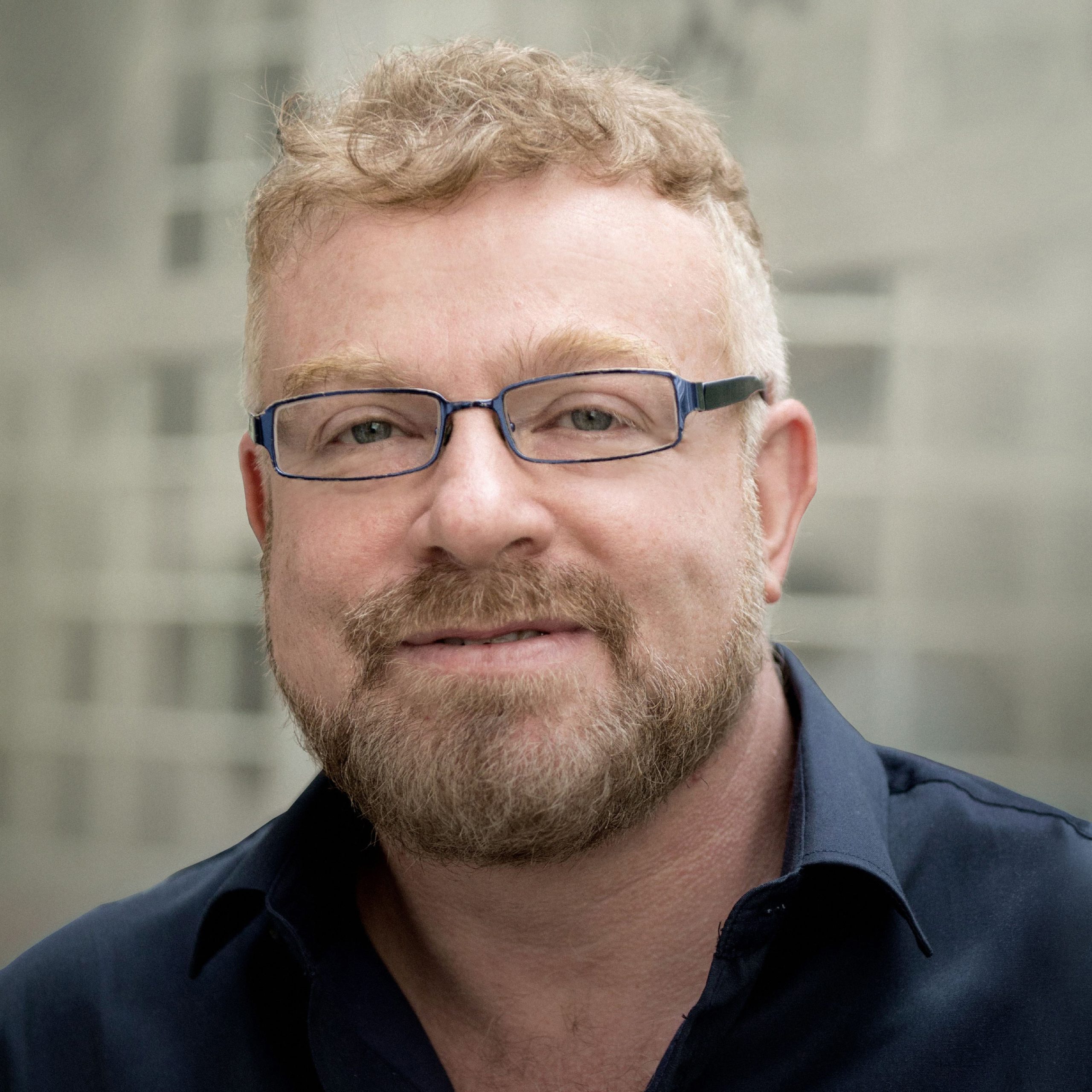
Gabriel Rabinovich
Instituto de Biología y Medicina Experimental, CONICET and University of Buenos Aires, Argentina
Dr. Gabriel Rabinovich is Director of the Laboratory of Glycomedicine at the Institute of Biology and Experimental Medicine in Buenos Aires, Senior Investigator of the Argentinean National Research Council (CONICET), and Full Professor of Immunology at the Faculty of Exact and Natural Sciences, University of Buenos Aires. Among several recognitions, he has been distinguished as a Member of the US National Academy of Science (NAS), European Molecular Biology Organization (EMBO), Latin American Academy of Science, Third World Academy of Science (TWAS), Argentinean Academy of Science and Argentinean Academy of Exact and Natural Sciences (ANCEFN). His work was recognized with several awards including the Karl Meyer Award, the most important recognition given by the Society of Glycobiology (USA), TWAS Prize in Medical Sciences (Italy), John Simon Guggenheim Award (USA), Outstanding Investigator of the Nation (Argentina), Bunge & Born Prize (Argentina), Konex Platinum Prize (Argentina), Mizutani Foundation for Glycosciences (Japan), Cancer Research Institute (USA) and Bernardo Houssay award (Argentina), among others. He has published 320 articles many in high-profile journals including Cell, Nature, Cancer Cell, Nature Immunology, Nature Medicine, Immunity, Science Advances, PNAS, and Journal of Experimental Medicine, and was invited to write review articles for Nature Reviews Immunology, Immunity, Annual Reviews Immunology and Nature Reviews Drug Discovery among others. Based on his work, he filled 12 patents, 8 of which have been already approved in different countries and continents (USA, Europe, UK, Japan; Argentina). He serves as Associate Editor, Section Editor, or member of the editorial board of several (15) journals. Together with his group, he identified a novel paradigm based on lectin-glycan interactions that play a key role in the control of immune and vascular programs. Briefly, he demonstrated that galectins, a family of β-galactoside-binding proteins, can translate glycan-encoded information into novel regulatory programs that control inflammation, suppress autoimmune pathology, and allow cancer cells to evade immune responses, and promote angiogenesis and metastasis. His findings opened new therapeutic possibilities in cancer, chronic inflammation, and autoimmune diseases. He has recently co-founded Galtec Life, a biotechnology company, aimed at translating galectin-based discoveries into new therapies for patients with cancer, autoimmunity, and chronic inflammation. Dr. Rabinovich has supervised/ co-supervised 24 PhD students, 22 post-doctoral fellows, and 20 associate researchers. He delivered 450 lectures in international and national venues, organized several international scientific meetings and courses, and has done extensive work in promoting the advance of immunology and glycosciences all over the world. He received financial support from several national and international agencies including Wellcome Trust (UK), National Institutes of Health (USA), Lounsbery Foundation (USA), Kenneth Rainin Foundation (USA), Multiple Sclerosis Society (USA), and Mizutani Foundation for Glycosciences (Japan).
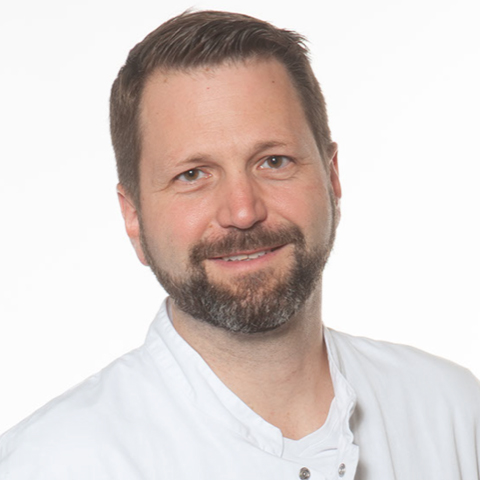
Heinz Läubli
University Hospital Basel, Switzerland
Heinz Läubli is a physician-scientist with clinical training and a specialization in Medical Oncology and Internal Medicine. He is a Professor of Cellular Cancer Immunotherapies at the University Hospital Basel, heading the Laboratory for Cancer Immunotherapy and leading the GMP development/production for cell therapies at the Department of Biomedicine in Basel. The main focus of his research is to find approaches to remodel cancer-associated glycan changes to improve cancer immunotherapy.
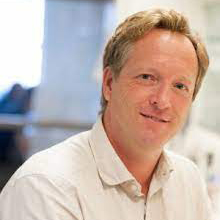
Mattias Belting
Department of Clinical Sciences of Lund University, Sweden
Mattias Belting is a professor and senior consultant of neuro-oncology. He earned his MD and PhD at Lund University, Sweden, and went for postdoctoral studies at UCSD (Jeff Esko lab) and the Scripps Research Institute, La Jolla (Wolfram Ruf lab). With a research background in proteoglycan biology and oncology, his current research interests focus on how cancer cell adaptive mechanisms in the tumor microenvironment can be harnessed for therapeutic development. His team has successfully translated original research findings published in broad audience journals (e.g. Nature Med., JCO, PNAS, and Nature Comm.) into clinical intervention studies. Recent findings describe a novel role for glycosaminoglycans in the fine-tuning of cancer cell lipid metabolism, providing opportunities for therapeutic intervention of aggressive brain tumors.
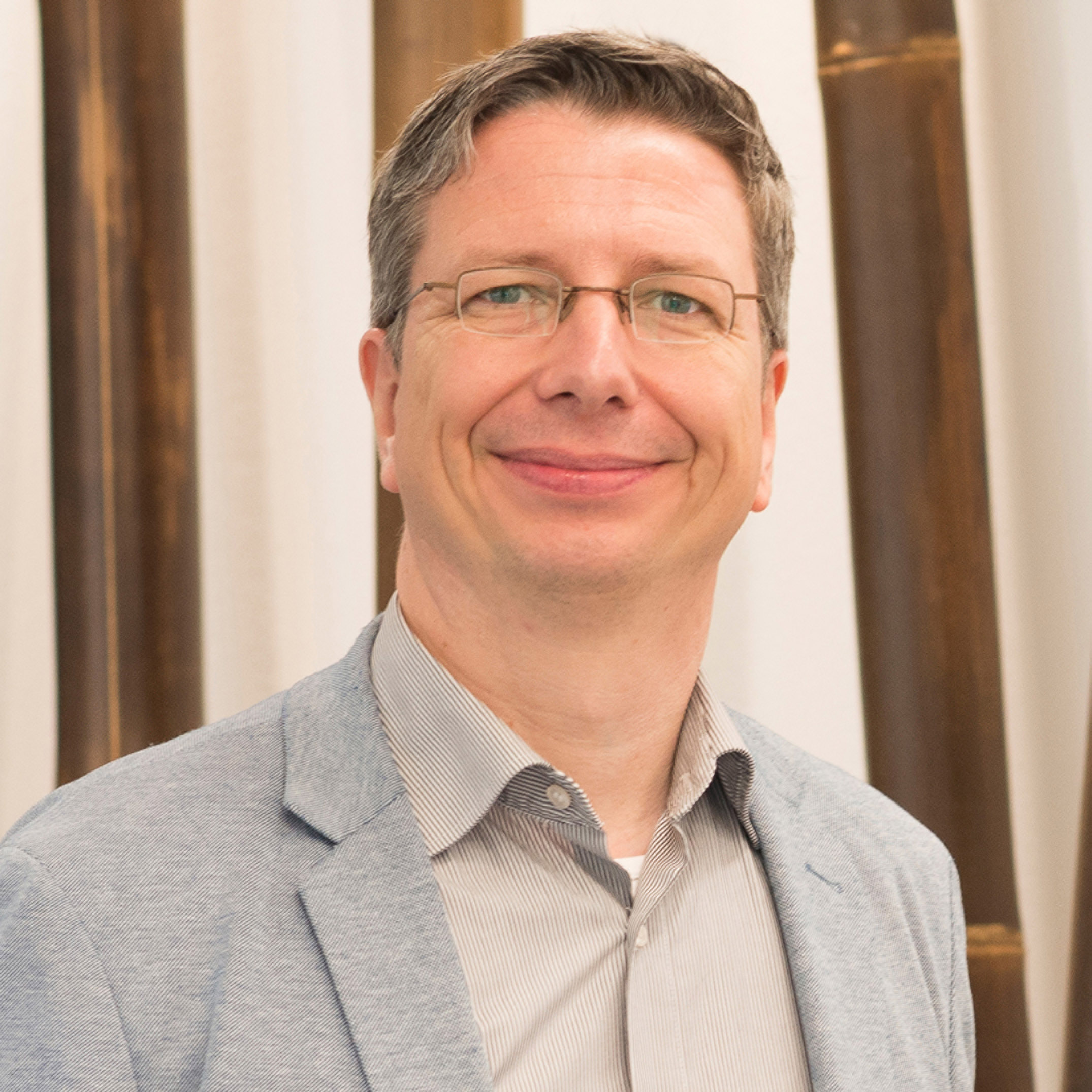
Martin Götte
University of Münster, Germany
Martin Götte is a Professor for Medical Biochemistry at the Department of Gynecology and Obstetrics of the University of Münster, Germany. He obtained his diploma (Biology) in 1994 at the University of Münster, and his Ph.D. (Biochemistry) in 1997 from the University of Göttingen and the Max-Planck-Institute for Biophysical Chemistry. After a postdoctoral research period in Merton Bernfields Laboratory at Harvard Medical School, Boston USA, he became a group leader in Hans Kresses laboratory at the Institute of Physiological Chemistry of Münster University. Since 2003, he holds a tenured position as head of the research laboratory of the Department of Gynecology and Obstetrics of Münster University. His main areas of research cover various aspects of matrix pathobiochemistry, with a strong focus on the role of cell surface heparan sulfate proteoglycans and interstitial dermatan sulfate proteoglycans, as well as glycosaminoglycan biosynthetic enzymes in breast cancer and inflammation. Methodological approaches include the use of knockout mouse diseases models, patient-derived primary cells and cell lines, which are investigated using a broad range of cell biological, biochemical and molecular biological techniques. He is board member of the German Societies for Matrix Biology and three additional societies, a member of the editorial boards of several peer-review journals, and he is the past and present coordinator of four EU projects, including two projects on the role of proteoglycans in cancer (GLYCANC, HEPINIB). Dr. Götte has authored more than 180 publications in peer-reviewed journals and his work has been cited more than 9700 times (H-index=49). His ORCID ID is https://orcid.org/0000-0003-2360-2496
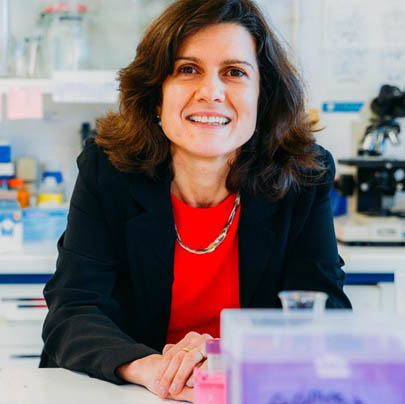
Paula Videira
Glycoimmunology Group; Universidade Nova de Lisboa, Portugal
Paula Videira received a PhD in Biotechnology in 2002. After post-doctoral training, she joined the Medical School from NOVA University of Lisbon, where, in 2007, she founded the Glycoimmunology research group. The present research interest of her group is to contribute to developing novel immunotherapeutics to treat patients with cancer and disorders of Glycosylation. She has been internationally awarded as a fellow by Bologna University in 2007 and by EMBO in 2011. In 2013, the Fulbright Commission awarded her as a visiting Professor at Harvard Institutes of Medicine in Boston. In 2015, she wins a position as an assistant professor at the Faculty of Science and Technology from NOVA. She has contributed to identifying aberrant glycosylation in different types of cancers and understanding how glycan signatures promote tumorigenesis and a tolerogenic/inflammatory immune profile. She recently co-founded CellmAbs, a spin-off project aiming at developing innovative therapies in the field of glycoimmunology and oncology. She has also co-founded an international network dedicated to research and awareness of Congenital Disorders of Glycosylation. Her team is composed of internationally recognized experts in these fields with several ongoing partnerships and collaborations with research centres and clinical institutes.
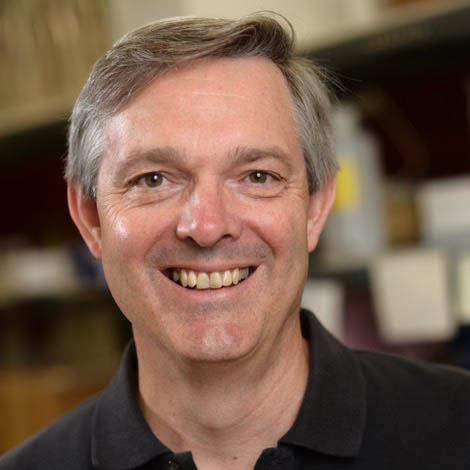
Robert S. Haltiwanger
Professor and GRA Eminent Scholar in Biomedical Glycosciences, Complex Carbohydrate Research Center, USA
Dr. Haltiwanger did his doctoral work under the direction of Dr. Robert Hill at Duke University Medical School where he purified and characterized mammalian lectins (Fucose lectin, Mannose receptor). He moved to Dr. Gerald Hart’s lab at Johns Hopkins University School of Medicine for his postdoctoral fellowship where he purified and characterized O-GlcNAc transferase. He moved to Stony Brook University for his first independent appointment, where he rose through the ranks, ultimately as Chair of the Department of Biochemistry and Cell Biology. In 2015 he moved to the Complex Carbohydrate Research Center at the University of Georgia where he is currently the Georgia Research Alliance Eminent Scholar in Biomedical Glycobiology. He has served as President of the Society for Glycobiology, Chair of the Glycobiology Gordon Conference, Editor of Glycobiology, and currently serves as Associate Editor for the Journal of Biological Chemistry. His laboratory works on unusual O-linked modifications found on two cysteine-rich modules: Epidermal Growth Factor-like (EGF) repeats and Thrombospondin Type 1 Repeats (TSRs). They have identified the enzymes that add O-fucose to EGF repeats (POFUT1) and to TSRs (POFUT2), as well as those that add O-glucose to EGF repeats (POGLUT1, 2, and 3). They have also worked on enzymes that elongate O-fucose on EGF repeats with GlcNAc (Fringes) and glucose on TSRs (B3GLCT). All of these enzymes are required for normal development in mice, and defects in these enzymes are associated with a number of developmental disorders. Overexpression or reduced expression of these enzymes, particularly POFUT1 or Fringes, alters Notch activity and is linked to cancers in humans. His lab recently showed that cancer-related mutations in NOTCH1 alter the addition of O-fucose resulting in an increase or decrease of Notch activity depending on the mutation. His laboratory continues to identify proteins modified by these enzymes and the effects of the modifications on their functions.

Sophie Groux-Degroote
University of Lille, France
Sophie Groux-Degroote is an Assistant Professor of Biochemistry and Molecular Biology at the Structural and Functional Glycobiology Unit of the University of Lille, France. She obtained her Ph.D. (Biochemistry and Molecular Biology) in 1999 from the University of Lille. After a postdoctoral research period in Gerrit van Meer’s Laboratory (at Academic Medical Center of Amsterdam and then at the Department of Biomembranes, Utrecht University), she became an assistant Professor at the Structural and Functional Glycobiology Unit of the University of Lille, France. Her research interests focus on the regulation of terminal glycosylation in cancer and inflammatory diseases. She uses biochemical and cellular approaches to elucidate the molecular mechanisms involved in the glycosylation abnormalities associated with pathologies. These approaches include: (1) analytical methods for the expression of glycan motifs associated with pathologies, (2) a broad range of cell biological, biochemical and molecular biological techniques to study the different levels of regulation of glycosyltransferases (3) the use of in vitro and in vivo models to analyze the impact of glycosylation abnormalities on cell biology, with the aim of developing new therapeutic approaches. She has deciphered the transcriptional mechanisms and signaling pathways involved in TNF-induced sialyl Lewis x antigen overexpression in human bronchial mucosa, which is responsible for Pseudomonas aeruginosa adhesion in the respiratory tract of CF patients. She has contributed to understanding the down-regulation of the Sda antigen expression in colon cancer, with numerous studies on the regulation of glycosyltransferase B4GALNT2. Her team now works on the biosynthesis and biological roles of O-acetylated gangliosides in cancers. Current studies are focused on the biosynthesis and functions of OAcGD2 ganglioside in breast cancer, osteosarcoma and glioblastoma, and on the identification of new O-acetylated gangliosides in tumors, which could be used as markers or therapeutic targets. Since 2020, she is a member of the HarvardProTG program (the Brigham & Women’s Hospital/Harvard Medical School career development program in Translational Glycobiology) and of the International Research Network between UGSF and iGCORE (Universities of Nagoya and Gifu, Japan).
https://ugsf.univ-lille.fr
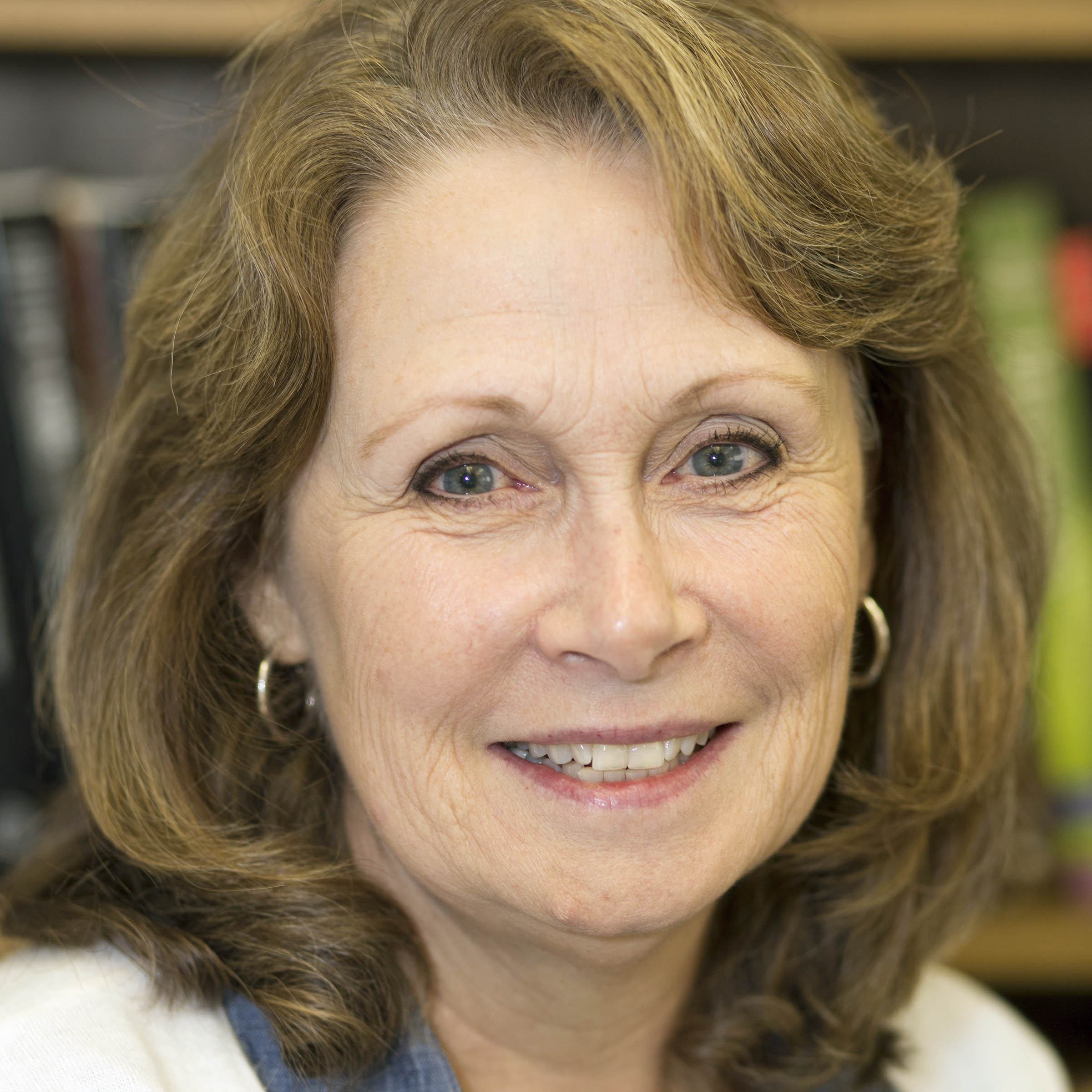
Susan L. Bellis
Comprehensive Cancer Center, University of Alabama, USA
Dr. Susan L. Bellis is a Professor in the Department of Cell, Developmental and Integrative Biology, and the Alma B. Maxwell Endowed Chair, at the University of Alabama at Birmingham (UAB). Dr. Bellis received a Ph.D. in Biochemistry from the University of Rhode Island in 1993 and conducted postdoctoral studies at SUNY Health Sciences Center in Syracuse, NY. She joined the faculty at UAB in 1998. Research in the Bellis laboratory focuses on the effects of glycosylation on the structure and function of cell surface receptors involved in neoplastic transformation. In particular, her group studies the tumor-promoting role of a distinct glycan structure, α2,6-linked sialic acid, which is added to N-glycans. This structure is elaborated by the ST6GAL1 sialyltransferase, an enzyme upregulated in numerous human malignancies. Dr. Bellis’ group has shown that the α2,6 sialylation of growth factor (and other) surface receptors has profound effects on intracellular signaling and gene expression. Accordingly, ST6GAL1 acts as a master regulator of tumor cell phenotype. Furthermore, through the use of cell and organoid models, as well as mouse models with genetic overexpression or deletion of ST6GAL1, ST6GAL1 has been established as a key driver of tumor-initiation and progression, in part through conferring cancer stem cell characteristics. Dr. Bellis’ research has been supported by the National Institutes of Health, the Department of Defense, the American Heart Association, and other agencies. The Department of Defense previously cited the Bellis laboratory for highly innovative research. Dr. Bellis is currently a member of the Alliance of Glycobiologists for Cancer Research, a collaborative research network sponsored by the National Cancer Institute. She also participates on numerous grant review panels for federal and international agencies, illustrated by her recent service as Chair of the NIH standing study section, Tumor Progression, and Metastasis. Additionally, Dr. Bellis serves on several Editorial Boards and is the Associate Editor for the journal, J. Ovarian Res. Finally, Dr. Bellis plays major leadership roles in the glycoscience field, as evidenced by her current service as President of the Society for Glycobiology.

